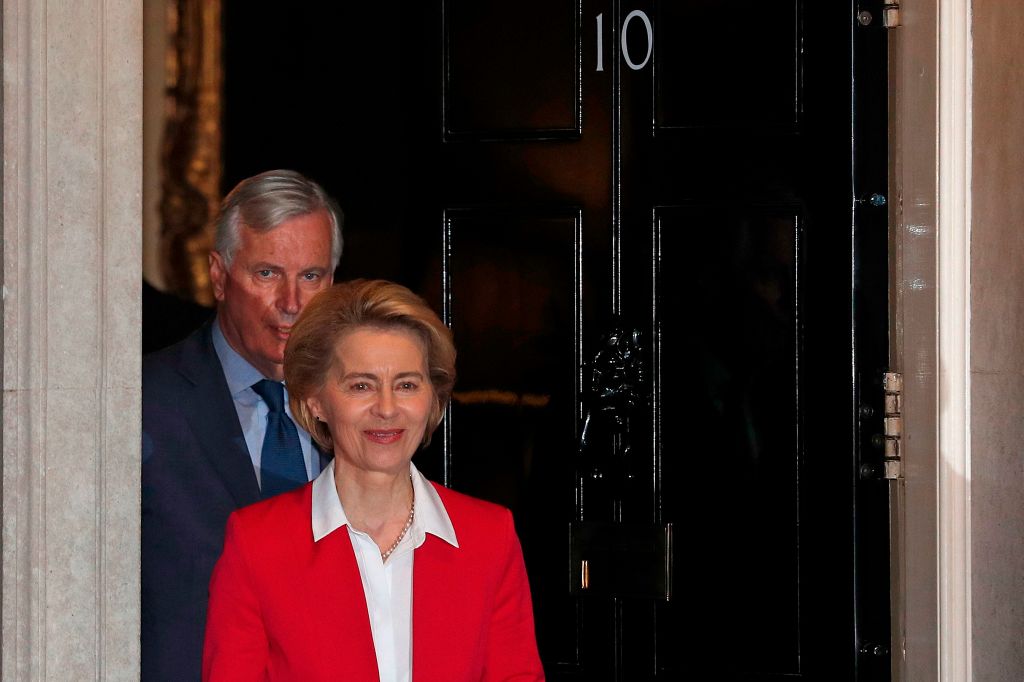Earlier this month, the prospects for a Brexit deal did not look good. The talks weren’t making progress. But there is now cautious but growing optimism in Whitehall that there will be a deal, I say in the Times of London on Saturdaty morning.
The British side now view the remaining problems as being more about process than substance. One source close to the negotiations tells me:
‘There’s no doubt that the tone has improved but we really need to begin the intensive talks to resolve the final tricky issues. We’re keen to begin now, but at the moment the EU keeps blocking these talks and demanding more process. The real risk now isn’t that the talks fail over substance, it’s that they will be timed out.’
If this British interpretation of the situation is correct — and those close to the EU side are sounding more positive than they did a few weeks ago — then some political will, perhaps via conversations between Boris Johnson and the Commission president Ursula von der Leyen, could give the talks the momentum they need.
No. 10 takes a long-term view of Brexit and the opportunities it brings. Its approach to the talks has been that anything which constrains the future is a problem.
[special_offer]
There is, though, a case for choosing to fight some of these battles later; you have to make it through the short term to get to the long term. This is particularly the case now that COVID is going to dominate politics for at least the next six months. Given the administrative shortcomings that have been highlighted recently, it is difficult to believe that the UK could easily handle COVID and a no-deal Brexit simultaneously.
A deal would cement Brexit, making it nigh-on impossible to imagine any kind of rejoin or EEA movement gaining real political traction. It would also provide a platform from which Johnson could launch the post-COVID phase of his premiership. With a deal, he’d be far better placed to turn his attention to his domestic agenda.
This article was originally published onThe Spectator’s UK website.


















